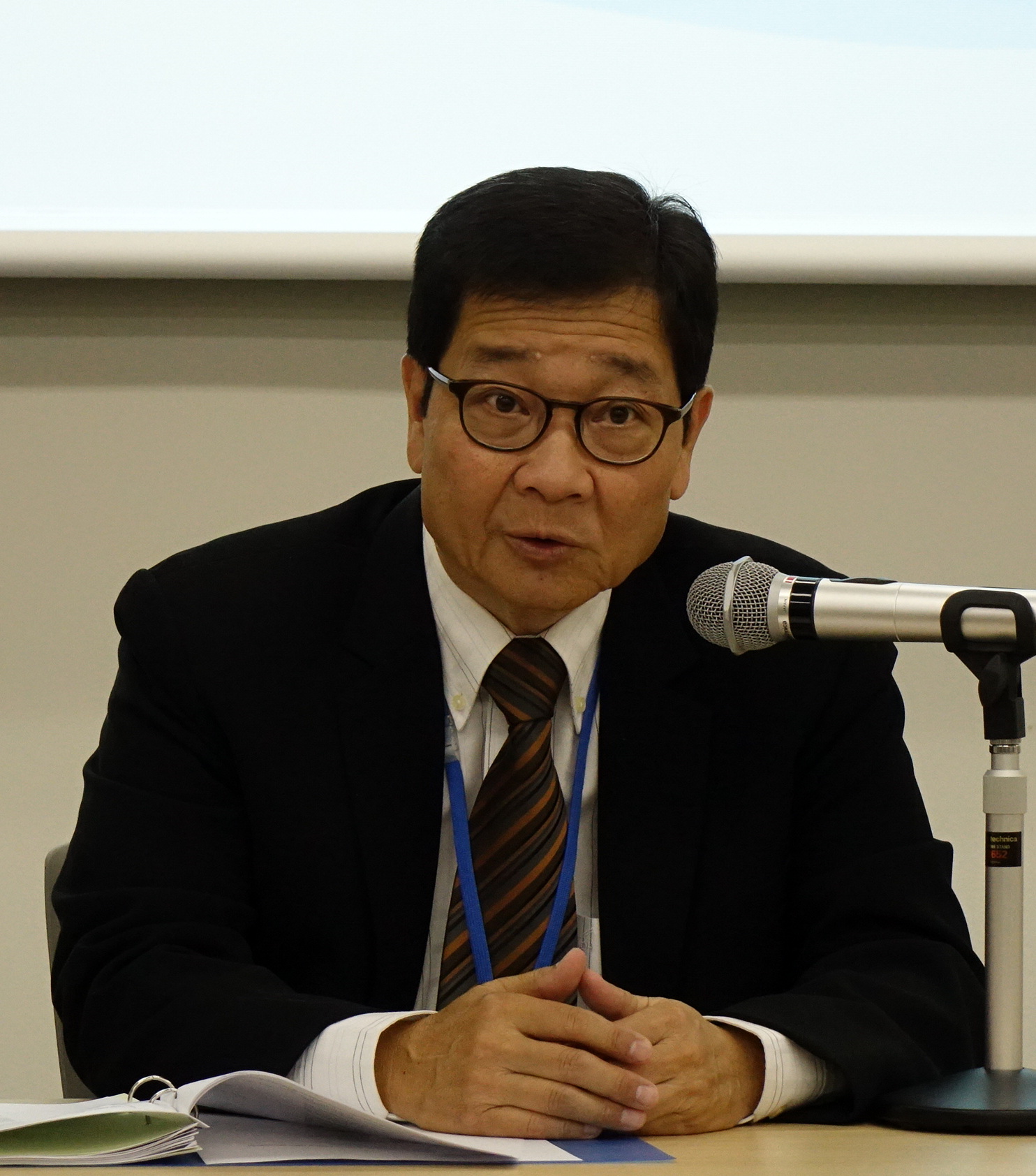
Select Page
Agriculture and the food industry play an important role in the economies of most developing economies in Asia. The sector provides food, feed, fiber, and biofuel. It creates employment and is the main source of income for the rural population. Thus improvement of the agriculture and food sector is indispensable for promoting sustainable, inclusive socioeconomic development.
As part of its initiative to support Myanmar in improving its agriculture sector, specifically the rice industry, the Asian Productivity Organization (APO) is conducting an observational study mission (OSM) to demonstrate innovative practices of the rice industry in Japan, 12–16 June 2017. The five-day OSM is attended by 14 participants, including senior government officials, business leaders, and academics engaged in agribusiness and the development of the national food industry.

APO Secretary-General Santhi Kanoktanaporn welcoming the participants of the observational study mission from Myanmar on innovative rice industry.
Welcoming the participants to the inaugural session, APO Secretary-General Dr. Santhi Kanoktanaporn said that in recent years, Myanmar had been making remarkable progress in its development and was an important entity in ASEAN as a fast-developing economy in Asia.
Noting that agriculture remained a key driving force for the national economic development of Myanmar, accounting for over one-third of its GDP and over two-thirds of employment, Dr. Santhi pointed out that historically Myanmar had been a major exporter of rice with the advantage of abundant natural resources such as fertile land and favorable weather.
“However, other nations have leveraged new knowledge and technology to progress faster in the development of the rice industry,” he added, commenting that there was huge potential to expand the rice-farming and -processing industry of Myanmar. He also mentioned that the OSM had been specially designed to expose key stakeholders in Myanmar to globally recognized technologies and practices of rice farming, postharvest management, and processing in Japan.
The Secretary-General thanked the Government of Japan, particularly the Ministry of Foreign Affairs and Ministry of Agriculture, Forestry and Fisheries, for the special cash grant that had made the OSM from a non-APO member country possible. “I expect that this study mission will equip participants from Myanmar with new knowledge of the modern rice industry and, more importantly, to demonstrate the many benefits of APO membership,” Dr. Santhi concluded.
The Japanese rice industry is the world leader in agricultural innovation, resource conservation, sustainable production, high productivity, environmental protection, and workers’ safety. The OSM will expose participants to innovations and technologies in Japan to help them increase the productivity and sustainability of agriculture in Myanmar.
The mission also focuses on cost-effective, state-of-the-art postharvest operations, value-adding strategies and processes, and technologies to reduce postharvest losses, improve rice quality, and diversify products. Myanmarese participants will formulate action plans based on their learning from the Japanese experience aimed at developing a smart rice industry in their country. The OSM additionally provides opportunities to identify potential areas of cooperation between institutions in the two countries.
Since Myanmar’s food exports are focused mainly on rice, improving productivity and value addition in the sector are critical to reducing poverty and raising national competitiveness. The OSM is significant since Myamnar has limited access to modern technology and information on value addition as well as food value chains in rice.
The OSM is being conducted by Institute of Crop Science Director Dr. Masayuki Yamaguchi of the Division of Rice, National Agriculture and Food Research Organization (NAFRO); Central Region Agricultural Research Center Director Dr. Satoshi Yoshinaga of the Division of Crop Production Systems, NAFRO; Department of Environmental and Agricultural Engineering Professor Dr. Sakae Shibusawa of Tokyo University of Agriculture and Technology; and Japan Grain Inspection Association Group Chief Kiyoshi Funyu of the Business Group.